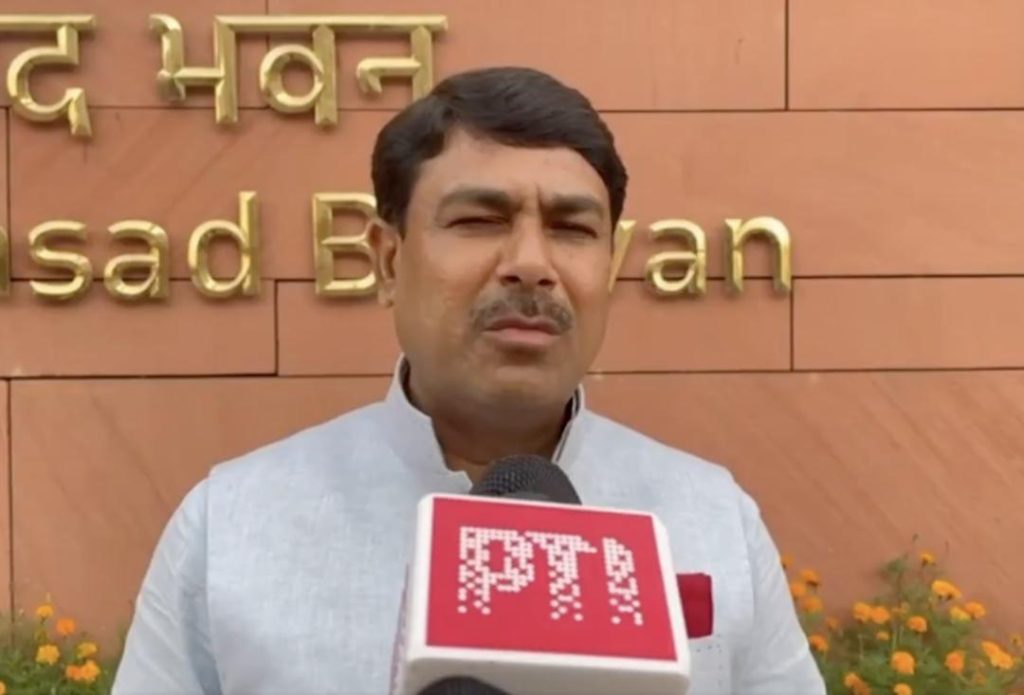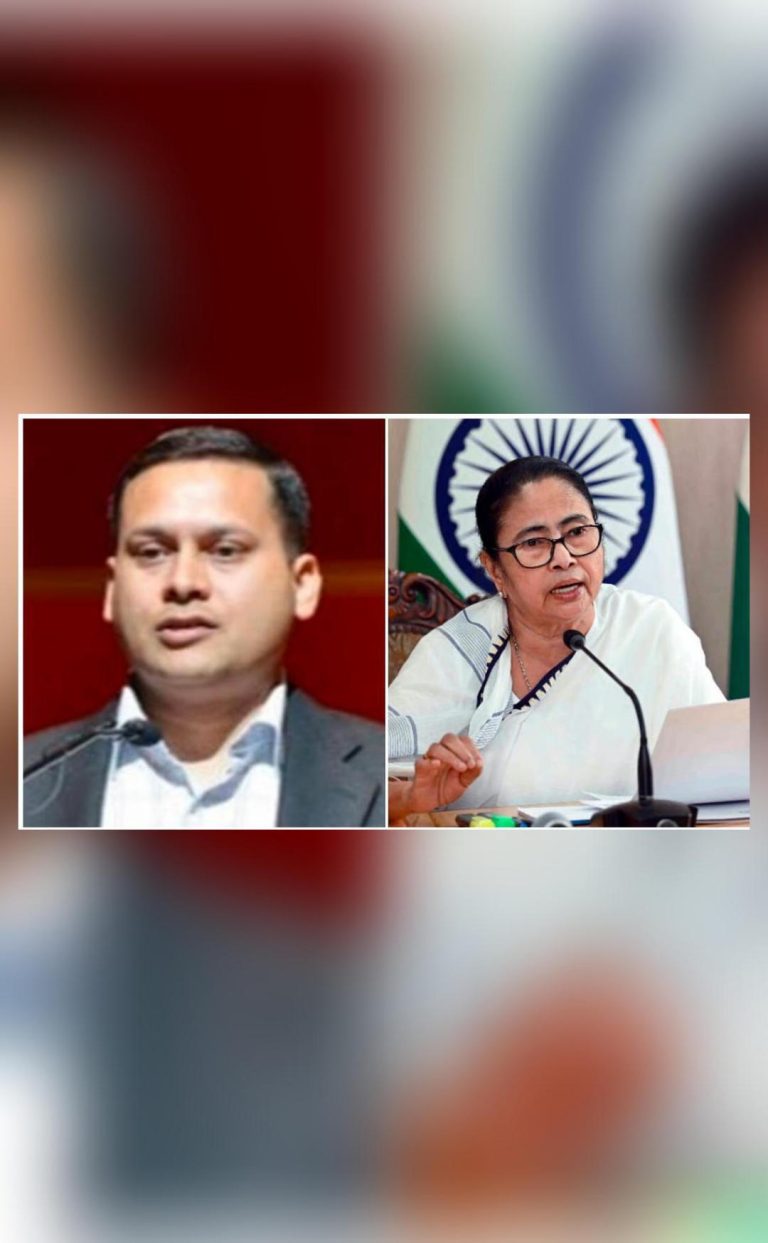
Considering Inflation, it’s Not Enough: SP MP on 24% Salary Hike
The central government recently announced a 24% salary hike for Members of Parliament (MPs), which has sparked a mixed reaction among the political circles. The revised salary will now be ₹1.24 lakh per month, up from the previous ₹1 lakh per month. Along with the salary hike, the daily allowance has been increased from ₹2,000 to ₹2,500, and the monthly pension from ₹25,000 to ₹31,000.
However, not everyone is pleased with the revised salary structure. Samajwadi Party (SP) MP Anand Bhadauria has expressed his dissatisfaction with the hike, stating that it is not enough considering the current rate of inflation. According to Bhadauria, the revision is a routine process conducted periodically, and the increase should be more substantial to keep pace with the rising cost of living.
The MP’s concerns are not unfounded. The current inflation rate in India is hovering around 7%, which is significantly higher than the target rate of 4% set by the Reserve Bank of India (RBI). With prices rising sharply, the average Indian citizen is facing a tough time making ends meet. The revised salary hike, although significant, may not go far in addressing the concerns of MPs who are already perceived to be underpaid.
Bhadauria’s statement has sparked a debate about the remuneration of MPs. Critics argue that MPs are overpaid and that the salary hike is an attempt to maintain the status quo. They point out that the average salary of an MP is several times higher than that of a government employee in the same grade. This disparity has led to resentment among government employees who feel that they are not being paid commensurate with their work.
On the other hand, supporters of the salary hike argue that MPs face unique challenges and responsibilities that warrant a higher remuneration. They point out that MPs are responsible for representing the interests of their constituents and making decisions that have far-reaching consequences for the country. They also argue that the salary hike is a necessary step to maintain the dignity and independence of MPs.
The debate around the salary hike is not new. In recent years, there have been several attempts to revise the salary structure of MPs. In 2018, the government had increased the salary of MPs by 30% to ₹1 lakh per month. However, the hike was criticized by many as being inadequate and not keeping pace with the rising cost of living.
The current salary hike is likely to be perceived as a token gesture by many. While it is true that the revision is a routine process, the magnitude of the hike may not be enough to address the concerns of MPs who are struggling to make ends meet. Inflation is a persistent problem in India, and any salary hike must take into account the rising cost of living.
In addition to the salary hike, the government has also increased the daily allowance and monthly pension of MPs. While these increases may provide some relief to MPs, they may not be enough to offset the rising cost of living. MPs, like any other citizen, are affected by inflation, and any salary hike must take into account the impact of inflation on their purchasing power.
In conclusion, while the 24% salary hike for MPs may be a positive step, it is not enough considering the current rate of inflation. MPs, like any other citizen, are affected by inflation, and any salary hike must take into account the rising cost of living. The government must revisit the salary structure of MPs and ensure that it reflects the reality of the current economic situation.






